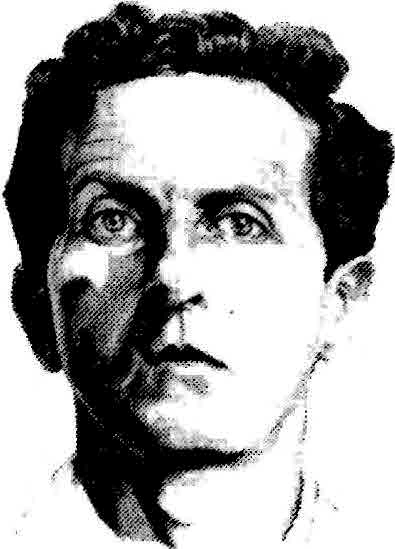TRACTATUS LOGICO-PHILOSOPHICUS - Ludwig Wittgenstein
Publié le 09/01/2010
Extrait du document

Ludwig Wittgenstein was the grandson of a Jewish land-agent and the son of a steel millionaire who had nine children by a Catholic wife, and baptized all of them into the Catholic faith. Born in Vienna in 1889, he attended the Realschule in Linz, where he was a contemporary of Adolf Hitler. At school he lost his faith, and soon after came under the influence of Schopenhauer's idealism. After studying engineering in Berlin and Manchester he went to Cambridge, where his philosophical gifts were recognized by Russell, who devoted himself with great generosity to fostering his genius. After five terms at Cambridge he lived in isolation in Norway, and when war broke out in 1914 he enlisted as a volunteer in the Austrian artillery, and served with conspicuous courage on the Eastern and Italian fronts. During this period he wrote his masterpiece, Tractatus Logico-Philosophicus, which in 1918, as a prisoner of war at Monte Cassino, he sent in manuscript to Russell. The book was published in German in 1921 and shortly afterwards in German and English with an introduction by Russell.
Liens utiles
- TRACTATUS LOGICO-PHILOSOPHICUS, Ludwig Josef Wittgenstein (résumé & analyse)
- TRACTATUS LOGICO-PHILOSOPHICUS. (Résumé et analyse)Ludwig Wittgenstein
- Tractatus logico-philosophicus [Ludwig Wittgenstein] - fiche de lecture.
- LUDWIG WITTGENSTEIN: Tractatus logico-philosophicus (Résumé et analyse)
- « Ce dont on ne peut parler, il faut le taire. » Ludwig Wittgenstein (1889-1951), Tractatus logico-philosophicus































